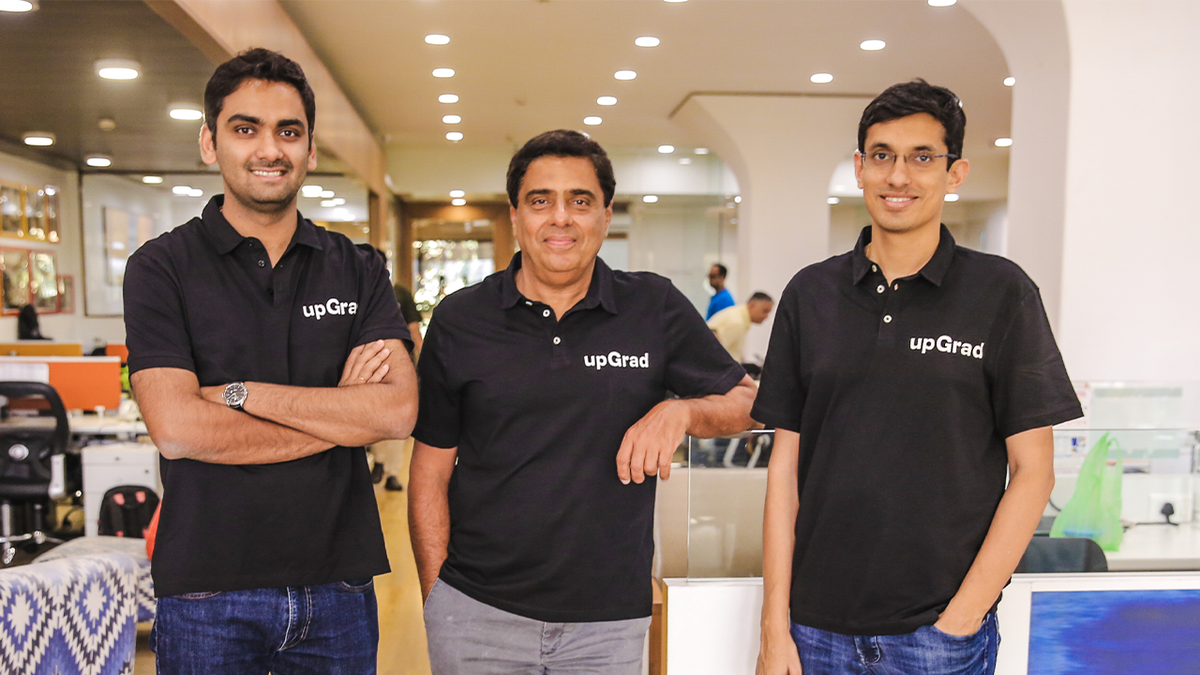Gameberry Labs Achieves Impressive Rs 110 Crore Profit After Tax in FY25
Gameberry Labs reported strong FY25 growth, with revenue up 28% and profit increasing to Rs 110 crore.
Shadowfax Achieves Impressive Rs 1,806 Crore Revenue in H1 FY26, Doubling Profits
Logistics startup Shadowfax Technologies seeks Rs 2,000 crore in its IPO, with strong revenue growth.
upGrad Achieves EBITDA Profitability in FY25 with Impressive Rs 1,943 Crore Revenue
upGrad reported EBITDA profitability in FY25, with gross revenue of Rs 1,943 crore and improved metrics.
iD Fresh Food Achieves ₹681 Crore Revenue in FY25 with Profit Soaring Over Fivefold
iD Fresh Food's revenue grew 22% in FY25, with profit surging over 5X, reflecting strong growth momentum.
Easebuzz Sees 2.3X Surge in Revenue for FY25; Profit After Tax Reaches Rs 19 Crore
"Razorpay managed 65% year-on-year growth in the fiscal year ending March 2025, while Easebuzz doubled..."
Innoviti Achieves Rs 143 Crore in Revenue Despite Facing Rs 62 Crore Loss in FY25
Innoviti Technologies reported 35% revenue growth in FY25, but losses remained high at Rs 62 crore.
Licious Achieves ₹795 Crore in Revenue for FY25, Slashes EBITDA Losses by 45%
Licious recorded 16% growth in FY25, with revenue at Rs 795 crore and narrowing EBITDA losses by 45%.
GenieMode Faces Rs 51 Crore Setback While Achieving Rs 673 Crore GMV in FY25
GenieMode crossed Rs 650 crore GMV in FY25, narrowing losses by 35% with a gross revenue of Rs 673 crore.
Unacademy Cuts EBITDA Losses by 38% in FY25, Achieving ₹826 Crore in Revenue
Unacademy reduced its EBITDA losses by 37.6% year-on-year, despite a 16% revenue drop to Rs 826.3 crore.
Auxilo Achieves Impressive Rs 528 Crore Revenue and Rs 112 Crore PAT in FY25
Auxilo reported FY25 revenue of Rs 528 crore, with a PAT of Rs 112 crore, marking strong growth.










